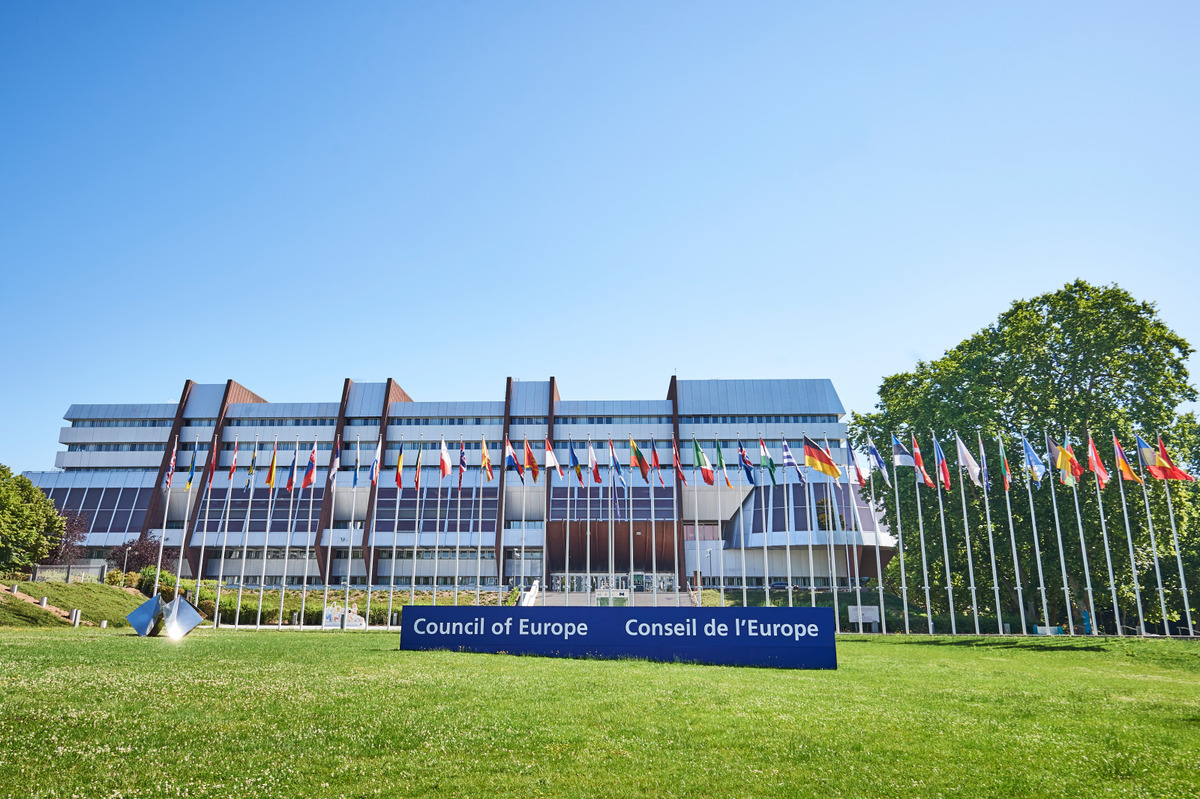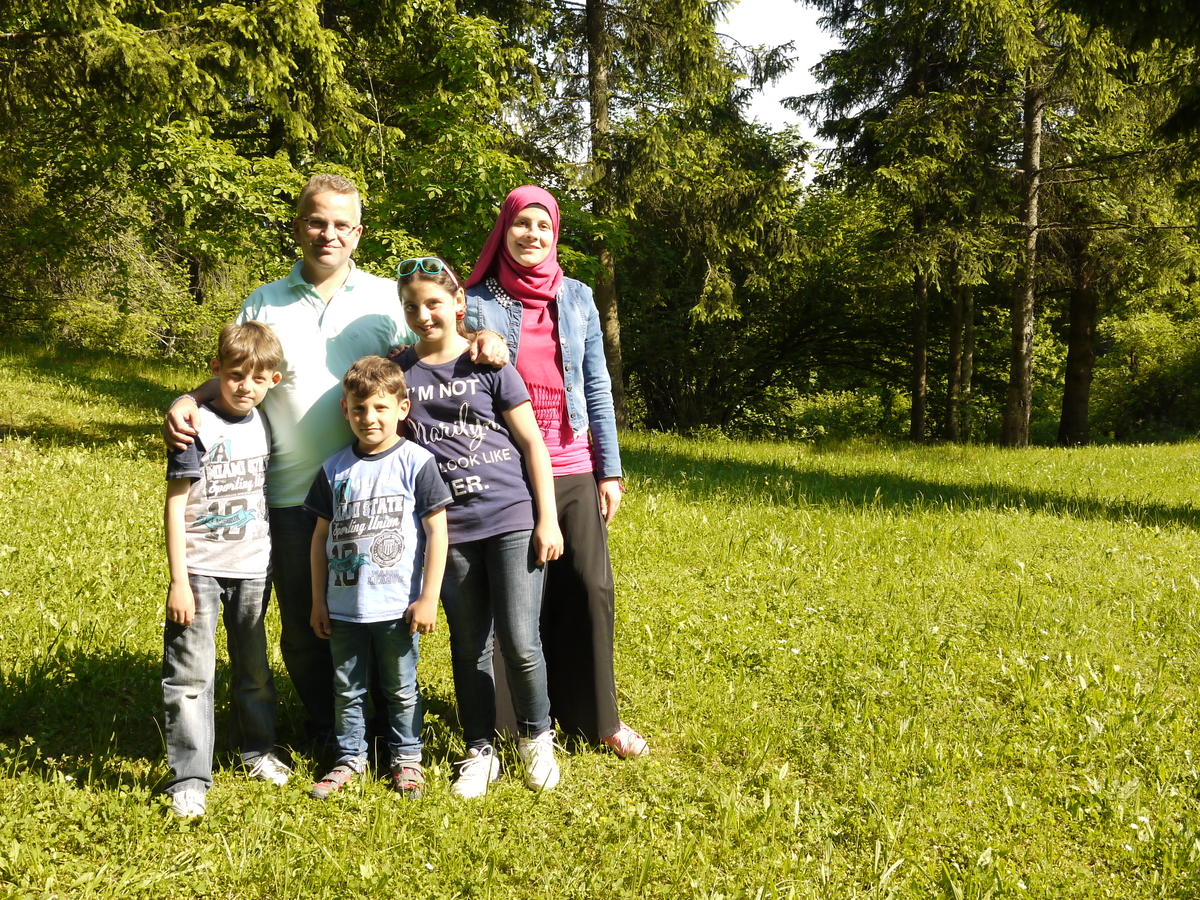EU's harmonized treatment of asylum seekers welcomed
EU's harmonized treatment of asylum seekers welcomed
GENEVA - UNHCR on Friday welcomed the adoption of a European Union directive on reception conditions for asylum seekers, saying it ensures that most asylum seekers will receive a uniform package of benefits.
The European Council directive laying down minimum standards for the reception of asylum seekers in member states was announced in Luxembourg on Thursday afternoon by the Justice and Home Affairs Council of the European Union. The directive, which will eventually be reflected in national legislation throughout all EU member states, contains some provisions that will result in an overall improvement in general reception conditions in several EU countries.
In particular, UNHCR praised sections of the directive regulating access to health care and education and the provision of identity documents and vital information on asylum procedures, including legal assistance.
In addition, the refugee agency expressed general satisfaction with sections of the directive that require EU states to take special measures for vulnerable individuals, including victims of torture or violence, unaccompanied children, pregnant women and the disabled.
However, UNHCR feels that many provisions of the directive allow too much scope for exceptions and adaptations by the member states. It sees the decision by the EU states not to harmonize the very different national policies and practices regarding access to employment as a drawback, particularly at a time when many states are concerned about the costs of supporting asylum seekers through a sometimes lengthy asylum process.
The final text of the directive allows for the withholding of all benefits - except for emergency medical care - from asylum seekers who show uncooperative behaviour or who have not complied with certain reporting requirements. While insisting on the importance of asylum seekers cooperating with national authorities, UNHCR said it believes that basic essentials, including food and accommodation, must always be assured. Reducing asylum seekers to a state of destitution serves no useful purpose and may indeed have undesirable humanitarian and social consequences.
UNHCR supports the EU harmonization process, which has set two key objectives - a common standard of protection and assistance for refugees and asylum seekers, and an improved asylum system that will benefit member states and their citizens. The adoption of the directive on reception conditions marks a significant move forward in this critical and far-reaching process, which is due to be completed by May 2004.
"We believe that a well-harmonized asylum system based on a common interest rather than on a state's individual domestic concerns would be of enormous benefit both for the European Union and for refugees," said Raymond Hall, Director of UNHCR's Europe Bureau. "A well-organized, streamlined system would alleviate the pressures caused by asylum seekers moving from state to state in search of better treatment."
UNHCR said Friday it hoped that the present momentum in the negotiations would be maintained.
"The ramifications of the EU harmonization process will be felt far beyond the current borders of the European Union," said Hall. "If the resulting common policy is of high quality, it will set a very positive example."









